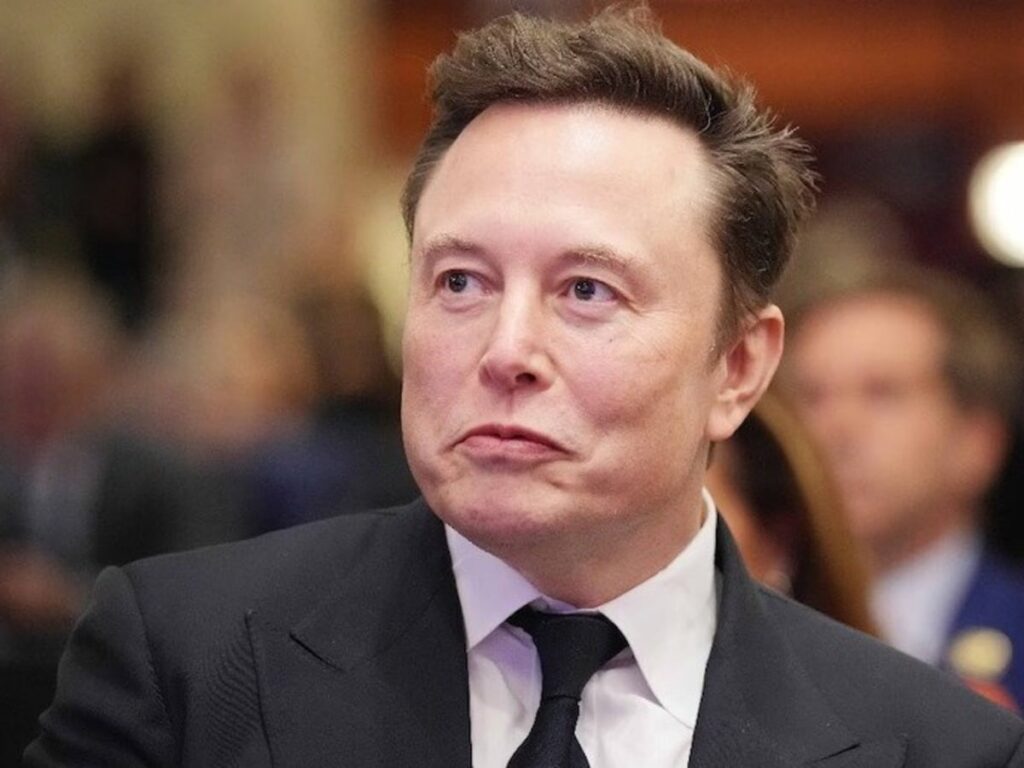Elon Musk, the CEO of Tesla, is once again making headlines. On December 30, a regulatory filing revealed that Musk donated approximately 268,000 shares of Tesla, valued at around $112 million (approximately ₹960 crores). This substantial donation raises questions about philanthropy, corporate governance, and Musk’s overall strategy for wealth management.
Understanding the Donation
The act of donating a significant number of shares by a public figure like Musk typically garners substantial attention. Such actions can be interpreted in various ways – as a philanthropic endeavor, a strategic financial decision, or both.
Philanthropic Intentions
Musk’s donation aligns with the growing trend among billionaires to give away substantial portions of their wealth. This initiative can be viewed within the context of the “Giving Pledge,” where wealthy individuals commit to giving away the majority of their wealth for social causes. Though details regarding the specific beneficiaries of Musk’s donation have not been disclosed, his previous philanthropic efforts have focused on issues such as renewable energy, space exploration, and education.
Impact on Tesla’s Stock
When a high-profile figure like Musk donates a significant amount of stock, it can create ripples in the market. Investors often react to such news with various sentiments. While some may interpret the donation positively, viewing it as a commitment to charitable causes, others may worry about the implications for Tesla’s stock on the open market. However, it’s essential to note that significant donations often do not influence share prices significantly, especially if the donation is pre-planned and communicated properly.
| Date | Shares Donated | Value (in USD) | Value (in INR) |
|---|---|---|---|
| December 30 | 268,000 | 112 million | 960 crores |
Musk’s Overall Wealth Strategy
The donation might also indicate Elon Musk’s broader strategy concerning his wealth management. With a fluctuating stock market and high valuation of Tesla, Musk appears to be diversifying his investments away from concentrated stock ownership. This approach not only minimizes risk but also positions him favorably in terms of public perception, showcasing his commitment to societal contributions.
Conclusion
Elon Musk’s recent donation of Tesla shares reflects his ongoing commitment to philanthropy and strategic wealth management. As one of the world’s richest individuals, his actions continue to influence public sentiment and market dynamics. Whether viewed as a means of enhancing his philanthropic footprint or managing personal wealth, Musk’s decisions will likely continue to be scrutinized by both media and investors alike. The ongoing narrative surrounding his endeavors only adds to the complexity and intrigue of his multifaceted career.
